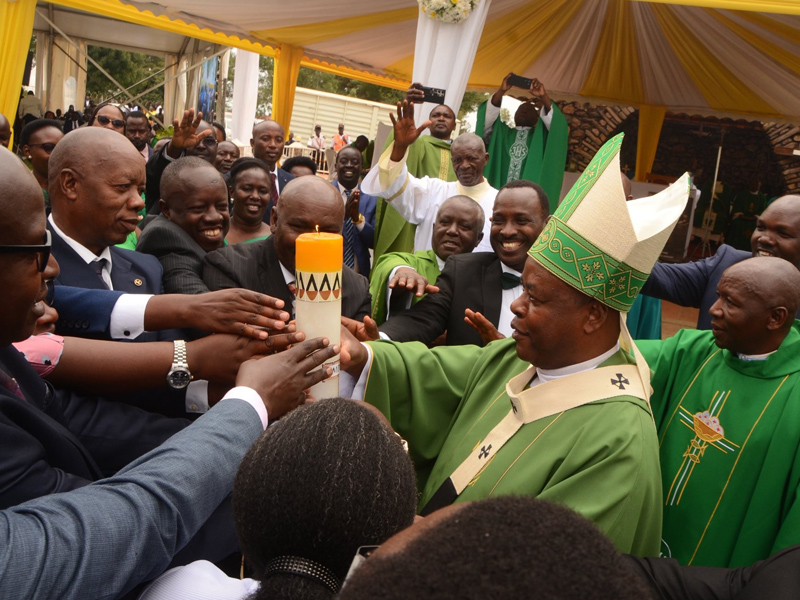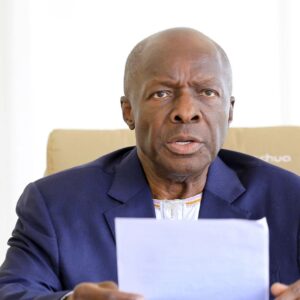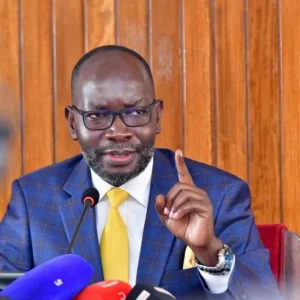KAMPALA, Uganda – As the government prepares to take over electricity distribution from UMEME Limited next month, mounting concerns over readiness and financial accountability have cast a shadow over the transition process. The 20-year concession with UMEME is set to expire in April 2025, prompting scrutiny of the state’s preparations.
Doubts have emerged about the government’s ability to assume control, with delays reported in securing a required US$50 million investment for the state entity slated to replace UMEME. This financial shortfall has raised questions about the feasibility of a seamless handover. Compounding the issue, a call has been made to pause approval of a US$190 million (Shs692.688 billion) loan intended to fund the buyout of UMEME. The request, directed to Parliament’s Committee on National Economy, insists on an audit of UMEME’s submitted figures to ensure accuracy and transparency before proceeding.
Job losses are also anticipated as part of the transition, with efforts underway to eliminate duplicated roles and improve efficiency. Applications from UMEME workers to join the state entity have been rejected, aligning with cost-saving measures but sparking concerns about unemployment. The restructuring follows a 2022 cabinet decision to end UMEME’s operations after two decades of managing Uganda’s power distribution.
Further complicating matters, last-minute investments by UMEME have drawn attention. Questions have arisen about the timing of these expenditures, with officials noting the need to maintain a functioning network amid recent power disruptions. Yet skepticism persists about whether these efforts will support the government’s takeover, given the reported lack of readiness.
As April approaches, the government faces mounting pressure to bridge funding gaps, ensure operational continuity, and address the economic fallout for workers and consumers. With time running out, the future of Uganda’s electricity sector hangs in the balance.






